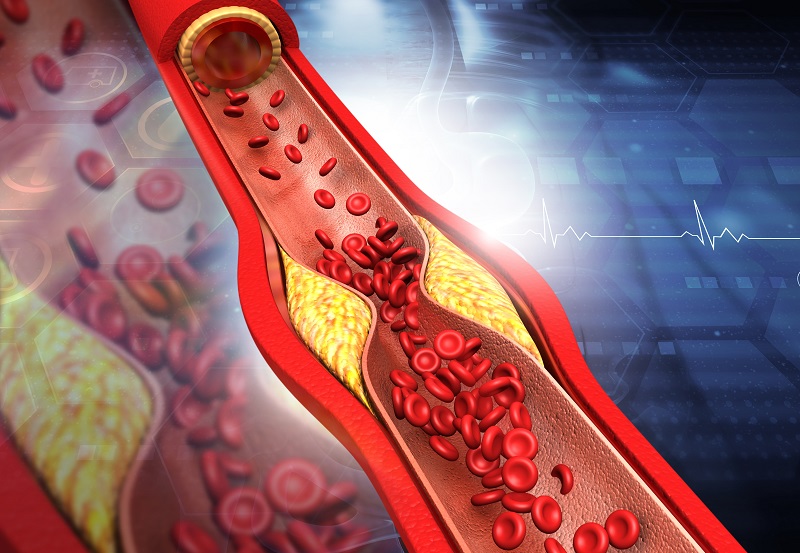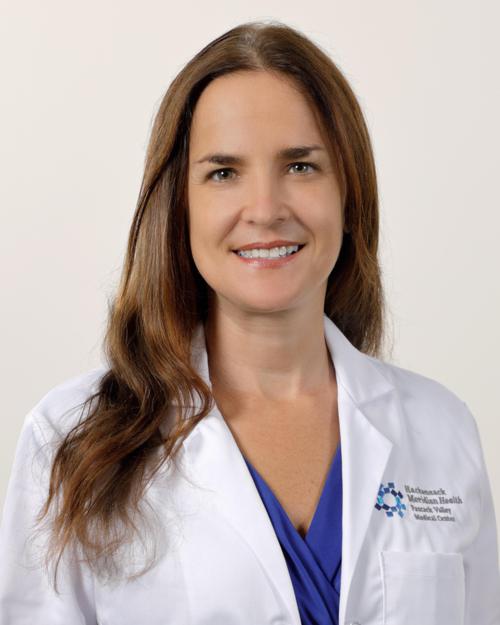How Doctors Treat Clogged Arteries Without Surgery

October 11, 2022
Over time, arteries can become clogged due to the buildup of coronary plaque––a material consisting of fats, cholesterol and other substances that stick to the artery wall and prevent the free-flowing movement of blood and oxygen throughout the heart muscle and to the rest of the body.
Clogged arteries significantly increase the risk for heart attack, heart failure and stroke. Once buildup has developed, there is no quick solution to resolve the blockage.
What Non-surgical Treatments Are Available?
Previously, bypass surgery was the main treatment for clogged or blocked arteries. Fortunately, non-surgical, less-invasive treatments have emerged to help open or treat blocked arteries.
Mindy Markowitz, M.D., non-invasive cardiologist at Pascack Valley Medical Center, describes some of those treatments:
- Statin medications: Statins are prescribed medications that work to lower your heart cholesterol and stabilize the plaque on your artery walls by inhibiting the formation of cholesterol in your liver and preventing it from circulating throughout your body. Statin medications not only manage plaque development, they also lower the risk for heart disease and stroke.
- Angioplasty and Stents: Also referred to as a balloon angioplasty, this minimally invasive procedure opens narrowed arteries by targeted inflation. Doctors use a small catheter to guide a balloon into place, widening the artery to encourage adequate blood flow. Often, during procedural balloon angioplasty, stents are also used to ensure the artery walls remain open. Stents are small mesh wired tubes that support the artery walls for extended sustainability and support.
- Aspirin: Based on an individual assessment of risk, your doctor may prescribe a regimen of aspirin to manage or decrease the likelihood of bleeding, heart attack and stroke.
How Can I Prevent Blocked Arteries?
The key to heart health is prevention through smart lifestyle decisions. That begins with consuming heart-healthy foods and avoiding foods high in saturated and trans fats that can increase the likelihood of developing heart disease and clogged arteries.
Foods to avoid:
- Baked goods (cookies and cakes)
- Margarine and butter substitutes
- Processed and packaged foods
- High-sodium foods
- Food with added sugars
- Chips
- Sugary cereals
- Beef
- Pork
Food to eat:
- Avocado
- Olives
- Fatty fish, such as salmom
- Nuts
- Non-tropical vegetable oils including avocado, olive and sunflower
- Whole fruits and vegetables
- Whole grains
- Lean poultry
- Herbal teas such as black tea, green tea and ginger tea
Don’t Forget to Exercise
In addition to monitoring the foods you’re ingesting on a daily basis; it is also important to establish a physical exercise regimen as well. The American College of Cardiology suggests at least 150 minutes of exercise each week—that’s about five 30-minute workouts a week.
For most people, that sounds rigorous. “Just start with five minutes a day and slowly increase. Small changes today can go a long way towards a heart healthy tomorrow,” Dr. Markowitz says. Consider low-impact workouts such as taking a walk, riding a bike, taking the stairs at work, swimming or simply doing yard work.
Achieving and maintaining heart health will help you to sustain overall well-being. Eating heart healthy whole foods and establishing a consistent exercise regimen is essential to achieving your target wellness goal. Your physician is an excellent resource to understand and develop a plan to help you–– if you are concerned or need guidance, please reach out to your primary care provider.
Next Steps & Resources:
- Meet our source: Mindy Markowitz, M.D. To make an appointment with Dr. Markowitz, call 877-848-WELL (9355) or visit our website.
- Make an appointment online with a cardiologist near you, or call 800-822-8905.
- Are you at high risk of heart disease? Make an appointment for a screening today
The material provided through Healthier You is intended to be used as general information only and should not replace the advice of your physician. Always consult your physician for individual care.







